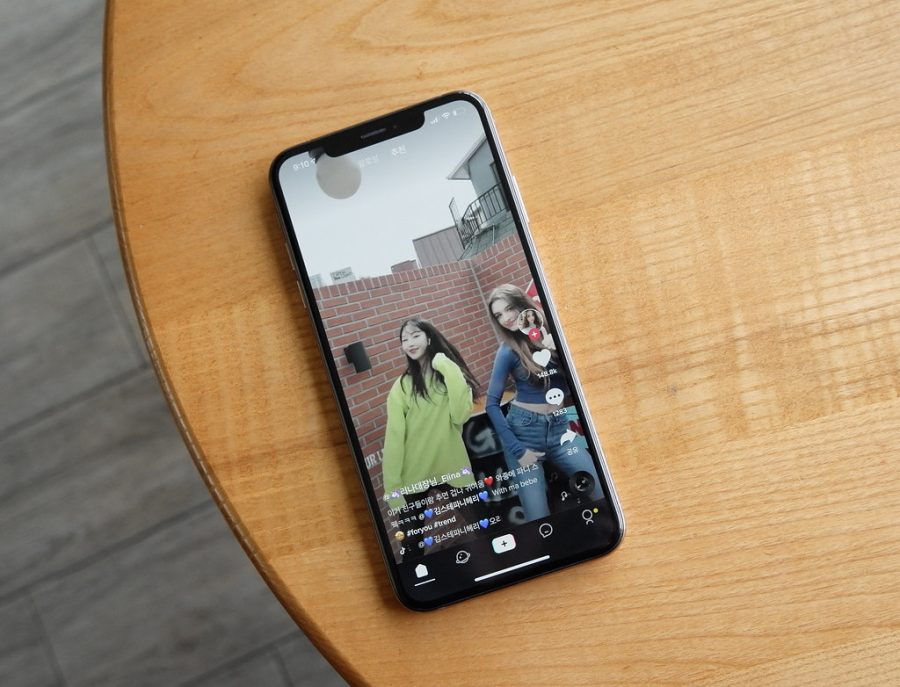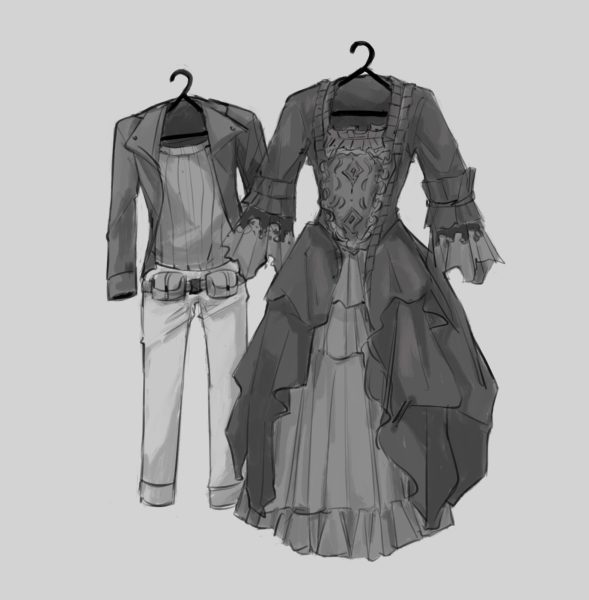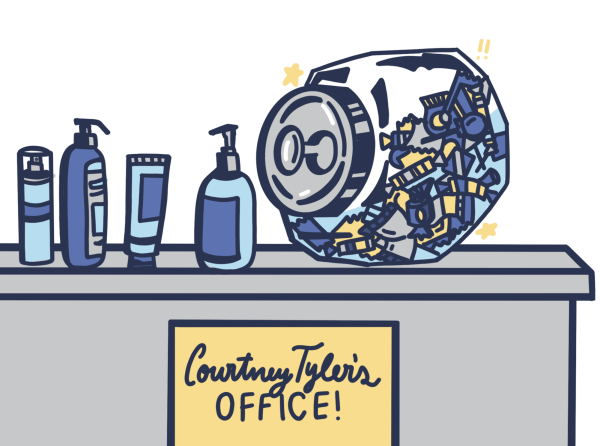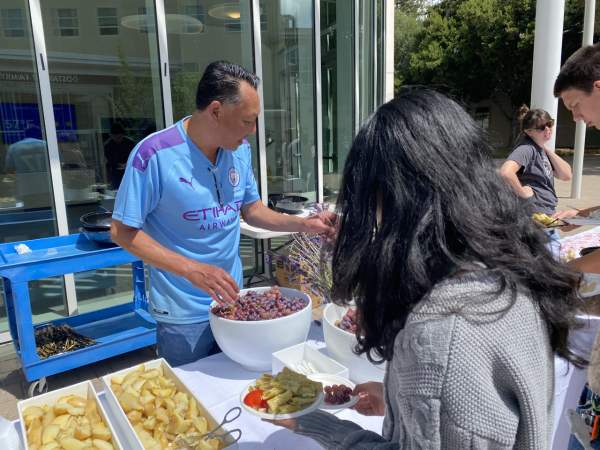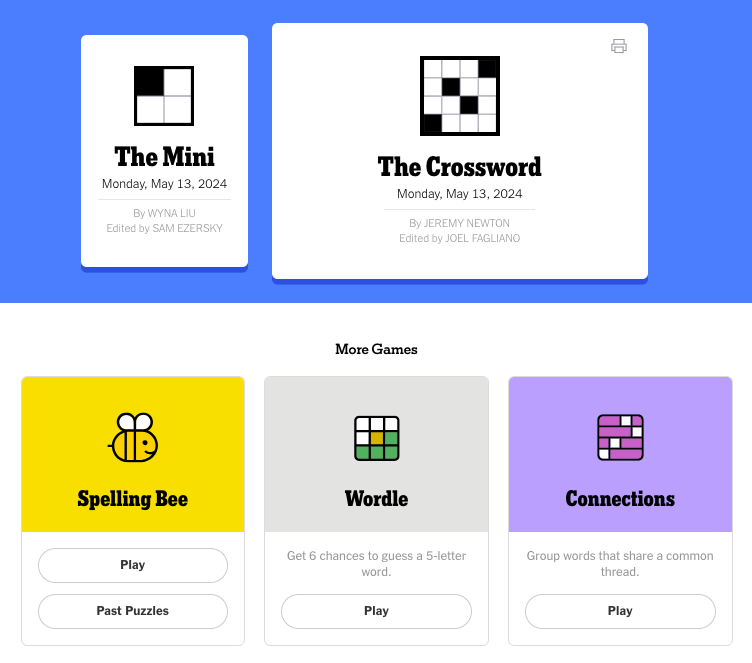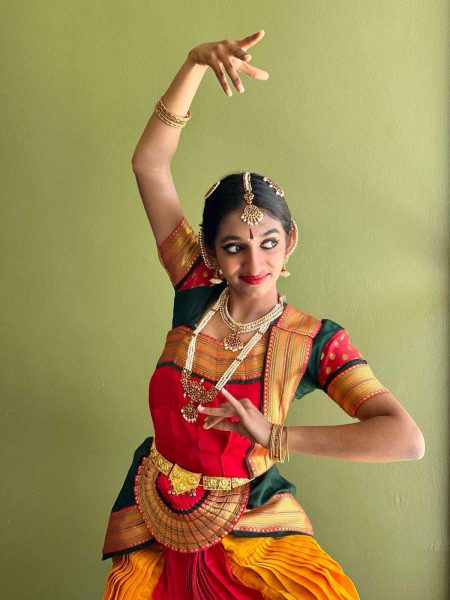Students Cope With Reality Through Memes and Dark Humor
TheBetterDay on Creative Commons
In the wake of rising tensions between the U.S. and Iran, teenagers on apps like TikTok and Instagram have been using current events as content inspiration. Creative Commons photo: TheBetterDay on Creative Commons.
February 14, 2020
From looking at the social media content of Generation Z, the generation succeeding millennials, it is reasonable to conclude the age group has a unique sense of humor. From depression to sexism to World War III, Gen Z uses the vast accessibility of social media to address formerly taboo topics comically.
In the wake of rising tensions between the U.S. and Iran, teenagers on apps like TikTok and Instagram have been using current events as content inspiration. Following the assasination of the commander of the Yemen division of Iran’s elite Quds Force in January, Gen Z used the crisis to kick off the World War III meme that revolves around the draft and military service.
“[Teenagers] understand that World War III is a very unlikely situation, so they’re making jokes about things like getting drafted,” freshman Lucas Vogel said. “I think if it became a more serious reality, [the jokes] would stop.” Senior Sidney Peña explained that she was first confused by World War III memes and why they had become an overwhelming joke on her social media feeds. “I definitely think kids are not entirely informed on what’s going on. And not only are they not informed, but they don’t really understand the repercussions [of making those jokes],” Peña said.
Upper School Counselor Tracy Bianchi is especially concerned with fake news and how it will relate to the social media content creation of Gen Z. “Your generation has more opportunities for increased knowledge on day-to-day events than any other,” Bianchi said. “That’s why [Gen Z] needs to be especially cautious of where you get your information.” Bianchi worries that false information in this type of content may lead students to be misinformed and warns students to be skeptical when seeing new information.
“My feed [contains] a lot of dark humor. A lot of the Instagram meme pages I follow kind of make a mockery of a lot of serious issues, but it’s not in an offensive way. They are trying to be humorous,” junior Sabette Grieve said. Peña and Vogel agree that dark-humored videos and memes are common on their TikTok and Instagram “Explore” and “For You” pages. Peña and Vogel also argue that seeing continuous content of this kind causes dark humor to be used more often in real-life at school.
Sophomore Marshall Seligson said that while 25% of his TikTok feed is filled with dark humor, his Instagram feed contains much more dark content, making up about 50% of his feed.
So why does dark humor appeal so highly to Gen Z? “I know kids could be going through depression and anxiety and they can use dark humor or any sort of humor to cope with that,” Vogel said. Peña sees the new wave of humor as “de-tabooing” topics that weren’t talked about in the past. “The conversation surrounding [hard topics] is more open than in previous generations,” Peña said, “but it’s hard to have a serious conversation about topics like race and sexuality without being uncomfortable, and that’s what draws us to humor.”
“It’s a way [Gen Z] is dealing with stress. Memes do that effectively,” Assistant Professor of Multimedia Journalism at Ohio Northern University Shane Tilton said to NBC news. “A simple expression of stress is also a way of taking control.”
Peña expressed how platforms like Instagram private stories provide an outlet for kids to express themselves. “I think having that outlet is a positive thing, but I also think it creates a toxic habit that we’ve become too reliant on,” Peña said.
Seligson, like Peña, is cautious about how social media affects him and his community. Seligson noted that it is often hard to navigate the line between humor and offensiveness on social media, observing that one needs to be extremely aware of your audience. “It’s a lot easier to say something offensive online because you’re not met with the immediate impact of what you’re saying,” Selingson said. “That’s really the dangerous part of having social media.”


